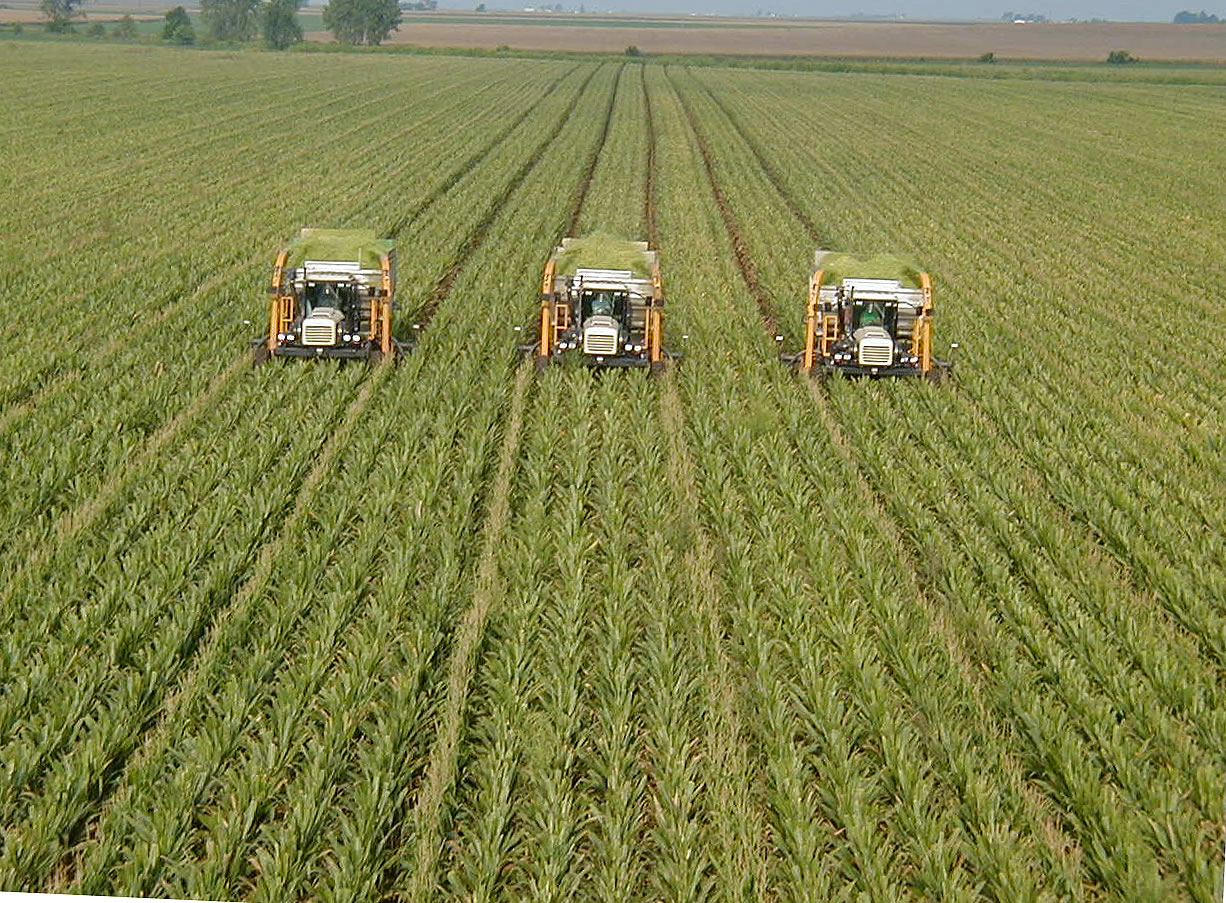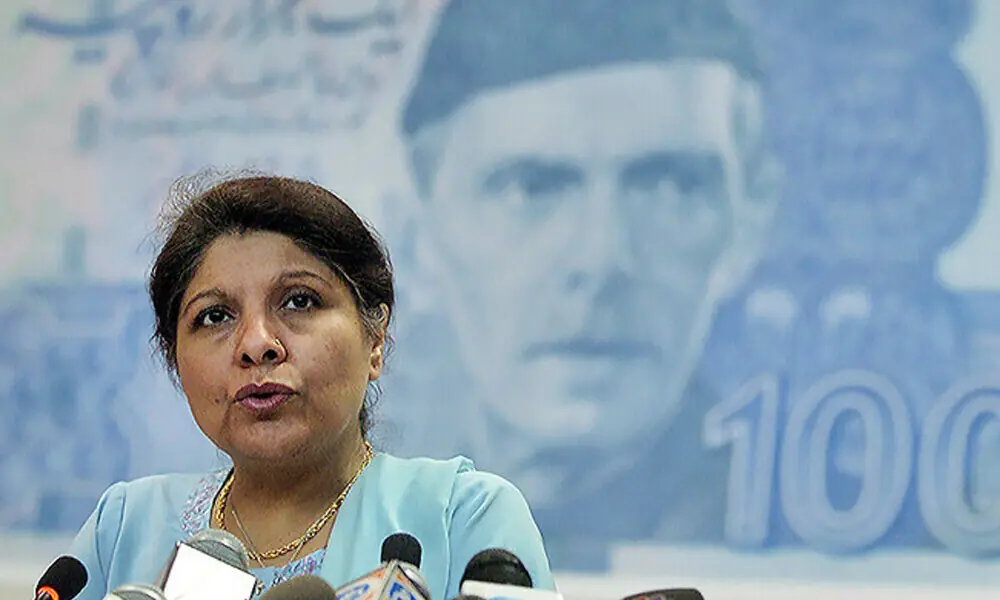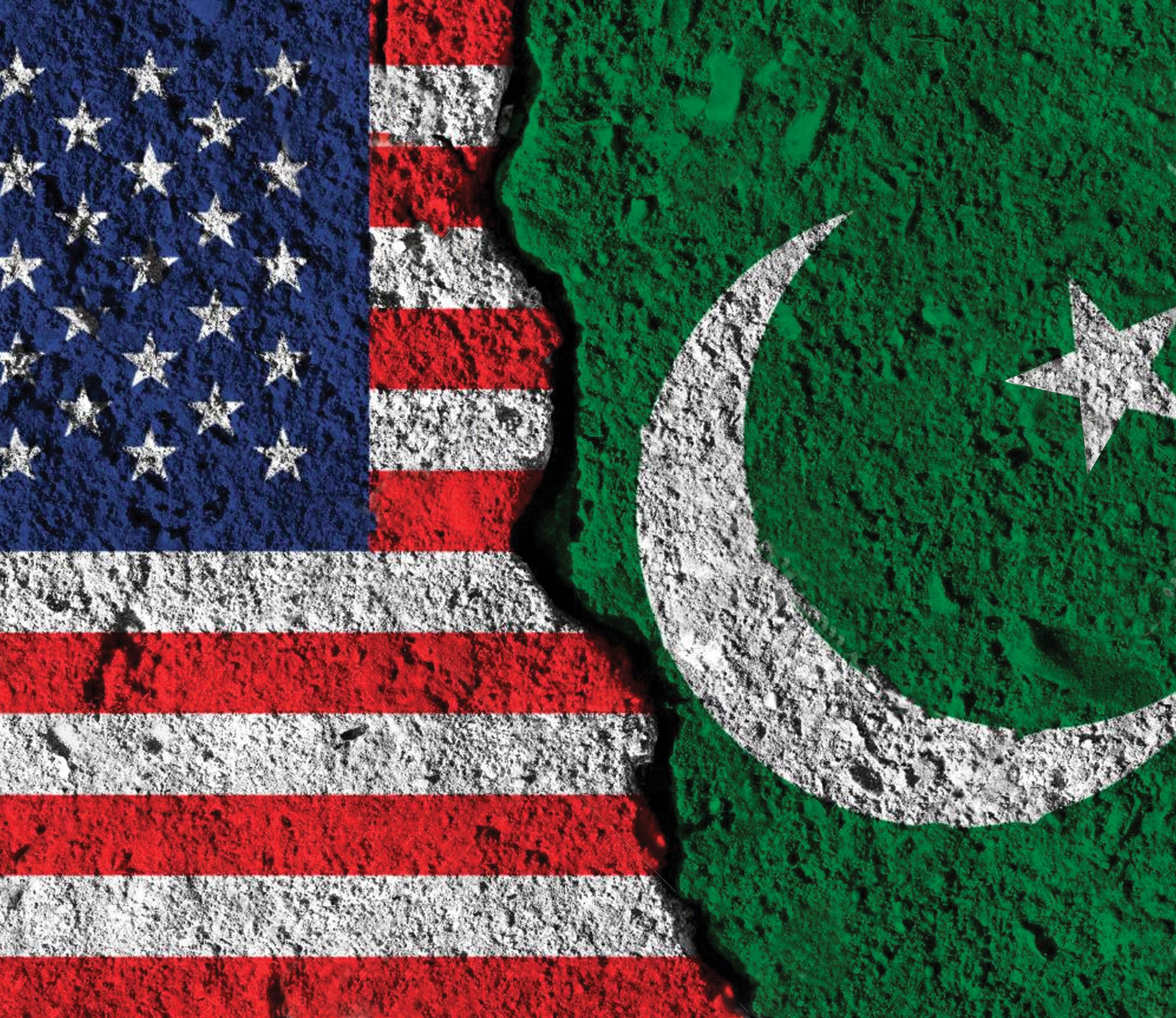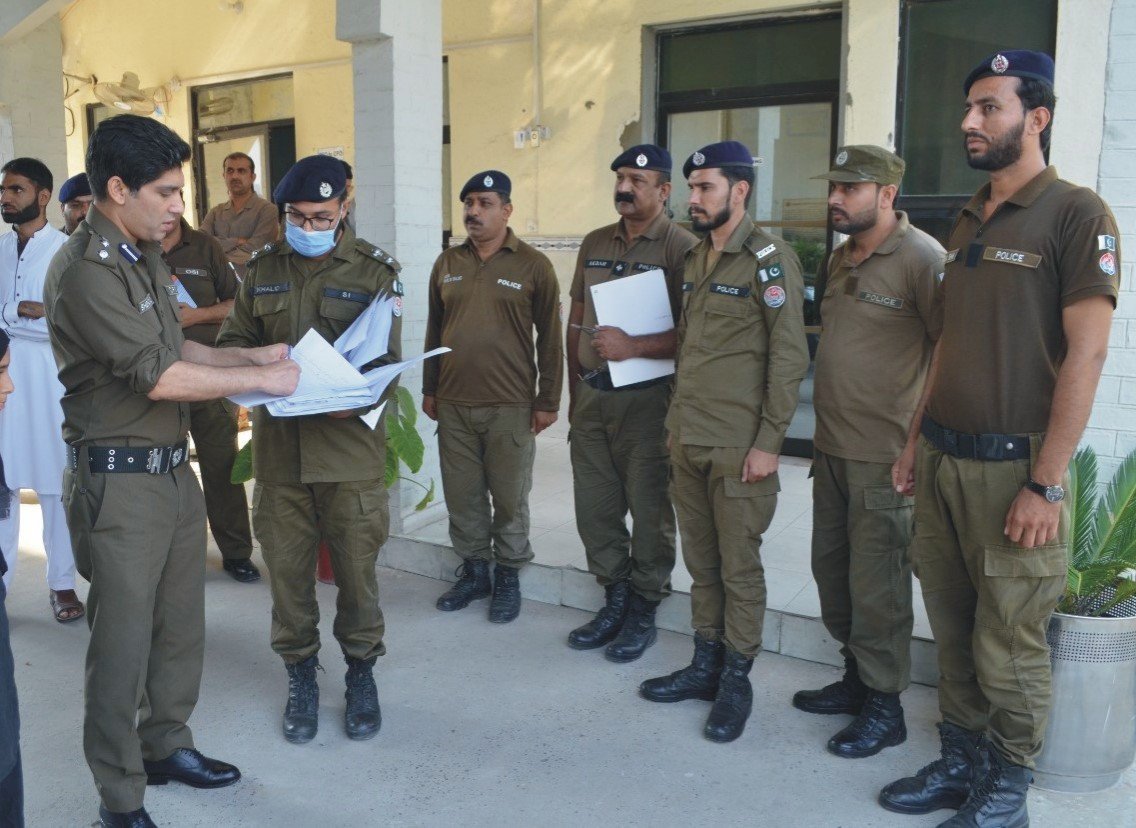Arshad Mahmood Awan
As Pakistan’s government celebrates the successful bailout by the International Monetary Fund (IMF), securing a path to avoid a sovereign default on debt repayments, the country’s internal economy paints a far less rosy picture. While international markets and foreign lenders may view the IMF rescue as a triumph, the real challenges faced by Pakistan’s population—especially in its agricultural sector—are far from being addressed. These challenges signal an urgent need for reform in one of the most critical areas of the national economy: agriculture.
The contrast between the government’s optimistic messaging—“sub acha” (all is well)—and the harsh realities facing the country’s agricultural sector has never been more apparent. Nowhere is this more evident than in the struggles of Pakistan’s wheat farmers, who are facing severe financial difficulties and bleak prospects for the upcoming harvest. Wheat, a staple crop for the nation, has become a symbol of the country’s wider economic challenges. The agricultural sector, once a stronghold of the economy, now requires urgent attention and systemic reforms if it is to recover and stabilize the nation’s overall economy.
A Crisis in the Wheat Sector
The timing of this crisis is particularly significant, as November marks the sowing season for wheat, Pakistan’s most important crop. Unfortunately, farmers are faced with unusually severe difficulties this year. The root cause of this downturn can be traced back to the steep decline in wheat prices after the spring harvest, which led many small farmers to cut back on inputs such as high-quality seeds and fertilizers. The rising costs of these inputs, coupled with low market prices for the harvested crop, prompted many farmers to either use old stock or skip necessary agricultural practices to reduce expenses. This strategy, however, is likely to result in a poor wheat yield in the upcoming months, further exacerbating the crisis.
A significant part of the crisis stems from a policy misstep by the provincial government of Punjab, which reneged on its promise to purchase wheat at the official support price. The abrupt withdrawal of the Punjab government from this commitment caused the wheat prices to plummet, leaving farmers with no choice but to accept much lower returns—anywhere from 30 to 38 percent less than what they were promised. This has resulted in a devastating blow to the incomes of many low-income farmers, further widening the financial gap between the ruling elite and the agricultural workforce.
The government justified this broken promise by claiming it was in line with IMF conditions. However, the rationale behind allowing the IMF to dictate such policies—at the expense of domestic promises made to farmers—remains unclear. The idea that foreign lenders can dictate terms that directly impact local agriculture, often to the detriment of the country’s food security, raises uncomfortable questions about Pakistan’s sovereignty and the priorities of its leadership. Why is the government seemingly prioritizing foreign debt obligations over the livelihoods of its own citizens? This paradoxical approach seems to suggest that foreign pressure has more influence over domestic policies than the needs of the local population.
Systemic Policy Failures
For years, the political elite in Pakistan has been under pressure from international donors, including the IMF, to make “tough adjustments” in sectors like agriculture. Yet, the same policymakers have consistently failed to address some of the most glaring issues that plague the agricultural sector. One glaring example is the absence of a wealth tax for the powerful land-owning elites in Pakistan. Many of the country’s largest landowners—who benefit immensely from agricultural subsidies and government support—continue to evade income tax. The failure to tax this powerful class is a longstanding issue that needs to be urgently addressed if Pakistan’s agricultural sector is to have a fair chance of recovery.
Further compounding these challenges are the policy blunders that have hindered growth in agriculture. The absence of meaningful reforms and the contradictory policies that govern this sector have led to a situation where the agricultural output is on the decline. These policies are not only reducing the economic viability of farming but are also undermining the nation’s food security, which is crucial to stabilize Pakistan’s economy.
Reforms for Reviving Agriculture
If Pakistan is to recover from its agricultural crisis, a series of bold, targeted reforms must be implemented. First and foremost, subsidies on agricultural inputs must be removed, but only if there is a shift towards a free market mechanism in the sector. The current system, where the government controls both subsidies and output prices, is deeply contradictory and unsustainable. A true free market would allow farmers to benefit from the open market, where they could sell their produce at competitive prices without the interference of artificial price controls.
Additionally, Pakistan’s agricultural sector desperately needs a revival of world-class research and development. Once a leader in agricultural research, Pakistan’s institutions in this area have significantly deteriorated. This is particularly problematic given the growing threats posed by climate change. Extreme weather patterns, water scarcity, and the increasing unpredictability of seasonal rains are all contributing to a growing vulnerability in the agricultural sector. It is vital that Pakistan reinvests in agricultural research to develop new techniques, seeds, and farming methods that can help mitigate these challenges.
However, research alone is not enough. The agricultural extension services, which were once central to disseminating knowledge to farmers, have similarly collapsed. These services must be revitalized to ensure that research findings can be passed on to the farmers who need them most.
Finally, Pakistan needs to take a hard look at its broader economic direction. While past governments have focused on ambitious infrastructure projects like expressways and high-speed rail lines, these initiatives have yielded modest results at best. The country’s economic priorities need to shift to focus on food security, which should be considered the bedrock of any economic recovery. A failure to address the root causes of agricultural decline could lead to long-term economic instability and increasing levels of hunger among the population. A renewed focus on domestic food production and agricultural revitalization is essential if Pakistan hopes to avoid further economic turmoil.
The Way Forward
The benefits of prioritizing food security cannot be overstated. Ensuring a stable and abundant supply of locally grown crops would not only improve access to affordable food for Pakistan’s population but would also reduce the country’s dependency on food imports, which are a significant drain on its foreign reserves. By shifting the focus to domestic agriculture, Pakistan can improve its self-sufficiency, stabilize food prices, and ultimately secure a more stable economic future.
However, this shift requires significant policy changes, including the implementation of comprehensive reforms in land taxation, the free market for agricultural goods, and the revival of research and extension services. In addition, Pakistan’s political elite must recognize that the agricultural sector is central to the country’s economic stability. If this crisis is to be resolved, it will require bold leadership, long-term planning, and the courage to break free from political pressures that prioritize short-term gains over long-term prosperity.
Until then, the country remains on the brink of further agricultural collapse, with food security becoming an increasingly pressing issue. Without a clear focus on agriculture, Pakistan’s hopes for a successful economic recovery remain uncertain.















